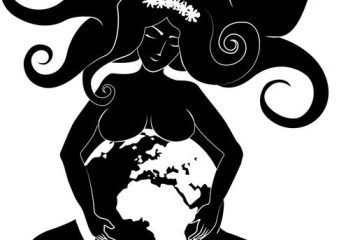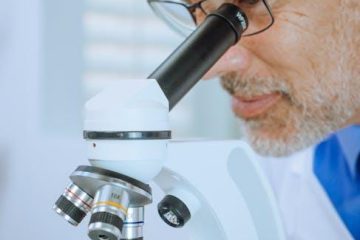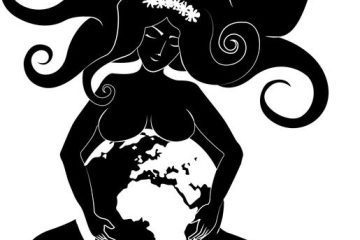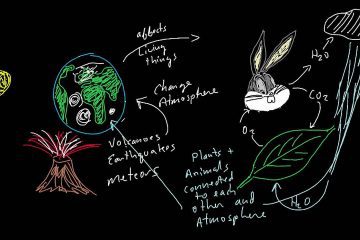Gaia hypothesis
gaia hypothesis la gi
The Gaia Hypothesis posits that Earth functions as a self-regulating system, where living organisms and their inorganic surroundings interact cohesively. This interconnectedness suggests that life actively shapes its environment, creating a balanced ecosystem.









